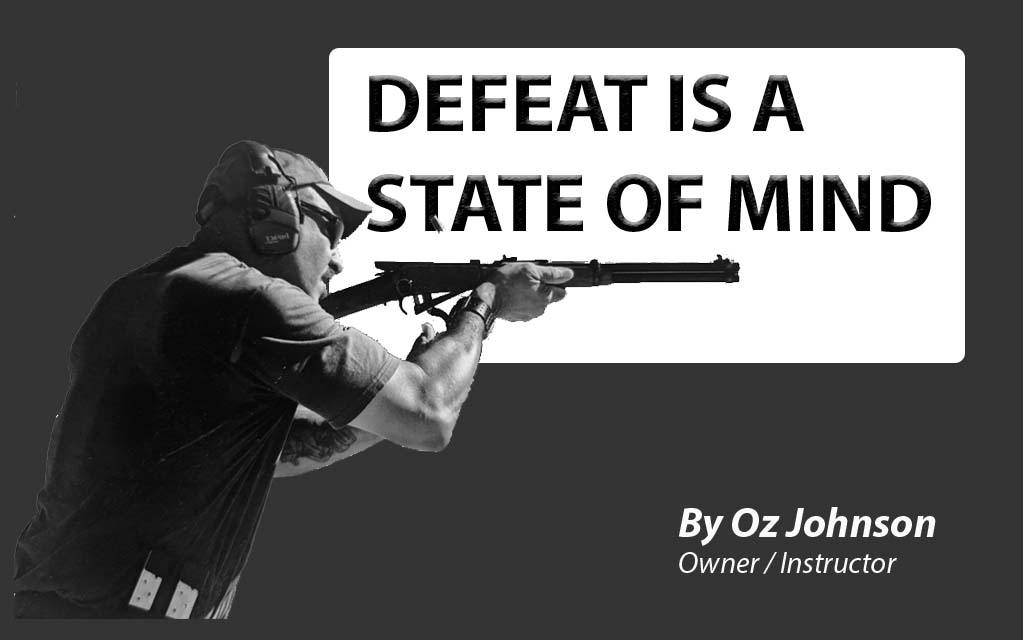What scenario requires more than one?
If you have advanced in the art of firearms, self-defense, or tactical shooting, you probably own more than one firearm. I do not think I have met many people that purchase one firearm and stick with just one for a considerable amount of time. There is always something better manufactured or another type of design that you end up purchasing and expanding your arsenal. There are many reasons why people own more than a single firearm.
Even though you might own several you cannot have them all with you at one time, nor should you. But are there situations where you might have more than one on your person?
Coming from a law enforcement background, I have seen many officers carry two handguns. If they are in uniform, one is visible to the public and a second, usually a smaller handgun is hidden somewhere on their body. This firearm is for emergency purposes in case somehow their primary firearm is taken from them during a fight with a suspect. Many undercover officers carry two handguns for the same reason.
As a civilian gun owner there really are few reasons to carry two handguns because you are always on the defense rather than like a police officer who is actively dealing with suspects while performing their duties. As a civilian you should be carrying your firearm concealed, unlike a police officer. If you carry a single firearm for self-defense and your firearm is visible, you are tactically at a disadvantage. No one should know you have a firearm until the point where you must use it to save your life or the life of another.
So, at what point would you have two firearms with you? I would when I know I could be facing more dangerous types of scenarios. For instance, if civil unrest were to occur in my neighborhood, having two firearms would be an advantage. Or if I am in an area where I might have to take a longer shot beyond the efficiency of a handgun. My two guns would be an AR-15 type rifle as my primary firearm and then a handgun as a secondary. Whenever I train with my rifle, I always have a handgun on my person.
As stated, my rifle would be my primary weapon, and the handgun is there in case I need it because my rifle had a catastrophic type of failure. If you are an owner of an AR-15 type rifle and have it for protection either in your home or elsewhere, you should not only train with it but also train with it and your handgun simultaneously.
Our course titled, Rifle/Handgun Transition class does just that. All firearms are bound to experience malfunctions when in use. If I am carrying my rifle and it has a type of malfunction that cannot quickly be fixed and I still have a presenting threat, then I would transition to my handgun to stop the threat.
Then I would fix my rifle and again make it operable and again my primary weapon.
This practice is an advanced concept that should only be trained when you are proficient with both weapon systems. I can not perform drills transitioning from one weapon system to another unless I am proficient with both weapons individually. If you are considering implementing weapon transition training many steps during the transition drill must be engraved into your muscle memory.
When transitioning from one weapon your brain now thinks about what you are about to do, and people tend to forget about what they are completing or vice versa. Important safety practices will be skipped unless those practices are engraved into your muscle memory.
When practicing transition drills, begin very slowly and methodically. Do not build bad habits or unsafe habits by attempting the drill faster than your skill level permits.
The other important note about a rifle is that it is quite large and very visible. If you are dealing with someone who is near you, you could be overpowered, and the rifle could be taken from you. Having that handgun could save your life.
If you would like the USCCA guide to “Deadly Force Decision Making” give us a call or send us an email.
NEVER STOP TRAINING!
Oz Johnson/Lead Instructor, NRA Certified
Karin Johnson/Operations Manager
J-G-T.com
JohnsonGroupTAC@gmail.com
602-410-7355





